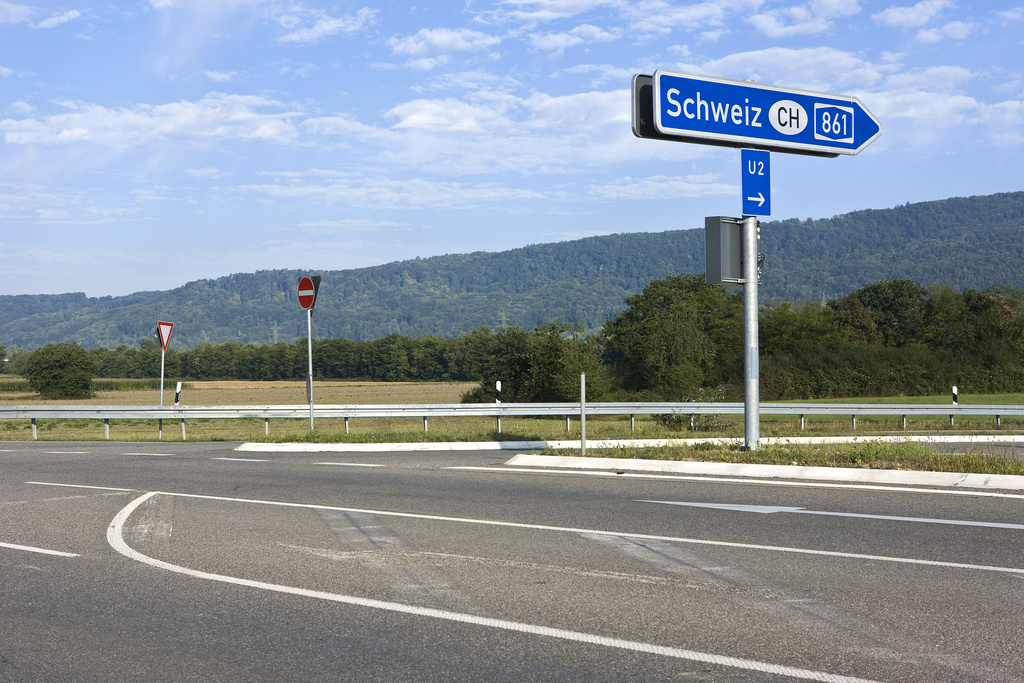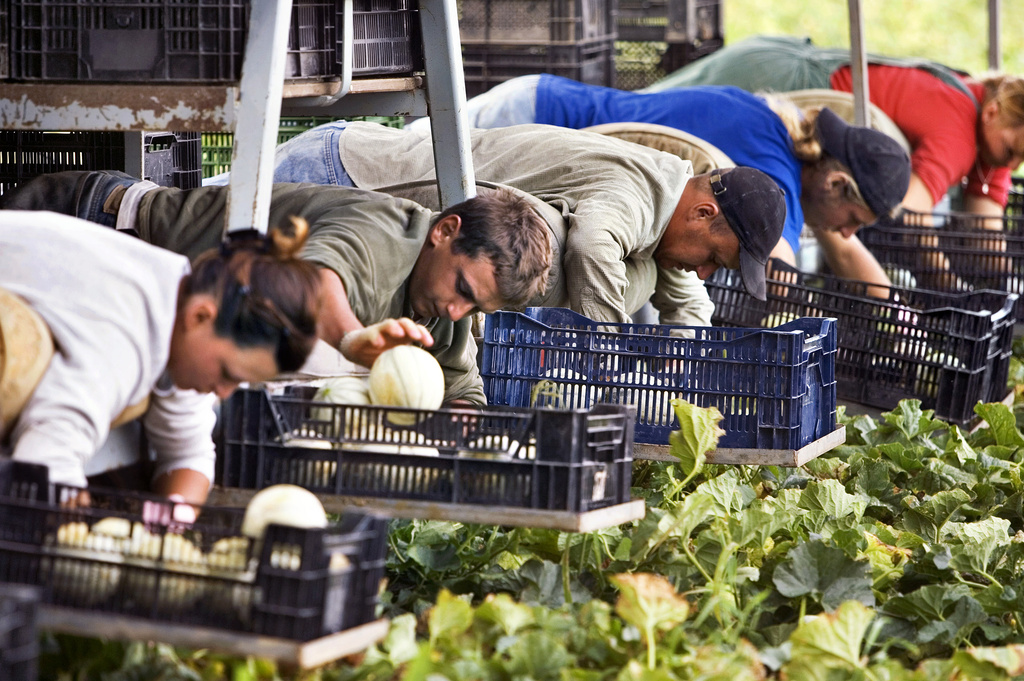Refocusing the immigration debate

The impact of immigrants on Switzerland’s environment and quality of life has become a matter of political debate.
It’s a focus which the Federal Commission on Migration Issues (EFK) believes is quite wrong.
In a press briefing on Monday on its 2010 activities, commission chairman Francis Matthey called for the various challenges Switzerland currently faces to be approached “in terms of the political areas to which they belong”.
“What we are saying loud and clear is that problems of transport and the environment and such must not be linked exclusively to the immigrant population,” he told swissinfo.ch.
His call came on the same day that the right-wing People’s Party announced that it intends to call a popular vote to introduce a ceiling and quotas on the number of foreigners granted a residence permit.
The Environment and Population Association, Ecopop, has already launched a vote entitled “Stop overpopulation, to guarantee natural resources”. It wants Switzerland’s annual population growth – currently 1.3 per cent on average – limited to 0.2 per cent.
Ecopop says the initiative is not aimed at foreigners, but against overpopulation of the earth in general. “For us what matters is population density, regardless of where the people come from,” says its website.
And at the end of 2009 two members of Switzerland’s Green party produced a controversial paper warning of the danger to the environment of overpopulation, although it did not expressly mention foreigners. Indeed, one of its authors, Bastien Girod, told Le Matin newspaper that as far as he was concerned, the problem would also be solved if more people emigrated.
Immigrants needed
“A certain number of political elements in this country attribute difficulties to the foreign population. But as a commission part of our role is not to try to contradict, but to say, if possible, what the facts really are. And what the facts really are is that we have a country with aspirations for a high quality economy, and we have a Swiss population which has not been growing for many years. It is only growing thanks to immigration,” Matthey told swissinfo.ch.
His report pointed out that not only large companies need specialised foreign staff. About 80 per cent of small and medium sized enterprises are currently having difficulties in recruiting the skills they need.
The EFK recognises that growth brings problems, but they should be dealt with in the context of policies on planning, infrastructure, transport and accommodation.
The report pointed out that Switzerland benefits from the payments made by foreign workers into its social security system.
“The interior ministry has calculated that were it not for immigrants, the state pension fund would have been in deficit since 1992.”
“Immigration is also slowing down the ageing of the population,” it added, while admitting that in the long term this would not be sufficient, and calling for new ways to ensure the financing of social security.
Unskilled workers are needed for jobs that Swiss people cannot or do not want to do, Matthey told swissinfo.ch. Although the least qualified people are the ones who find it hardest to be accepted, they contribute to Switzerland’s well-being in areas like hospitals, the hospitality industry and agriculture.
“And if you are simply going to say they should go, or the number should be cut, you need to know who is going to replace them.”
“What does Switzerland want to be in the next ten or 20 years? Those are the real questions that need to be asked.”
Success story
He is convinced that Switzerland is a model of success in comparison with its neighbours as far as integration is concerned.
“Of course there are still some people who don’t fit themselves to what we would like to have, but the overwhelming majority of immigrants accept the values of this country, they work, their children go to school, and we believe their integration is very successful,” he told swissinfo.ch.
While attention has so far largely been focussed on integrating immigrants living in the towns, it has become clear in the past few years that many of them – like many native Swiss – have moved away from urban areas to outer suburbs, which are still fairly rural in character.
In 2008, the commission launched its “periurban” programme to promote integration in these areas too. It has given support and backing to five regions which came up with proposals to promote coexistence between population groups.
Commission director Simone Prodolliet told swissinfo.ch that although the project was still in its initial stages, it had created a growing awareness in the regions concerned that tackling problems successfully requires the involvement of everyone in the local population.
“Another important success was that different players with different backgrounds – in town planning, in social work, or other fields – worked together and found common points that they could collaborate on,” she said.
The project is now being extended, with other regions being invited to tender for the commission’s support.
The Federal Commission on Migration Issues launched its Periurban project in 2008.
The initial stage involved 5 regions:
Rheintal (St Gallen)
Freiamt (Aargau)
Canton Glarus
La Broye (Fribourg and Vaud)
Le Chablais (Vaud and Valais)
The aims were the following:
To contribute to regional development
To help improve coexistence
To bring together players from different backgrounds
To encourage local people to participate
To raise awareness of integration work
To find new ways of carrying out integration work
To encourage sustainable local policies of integration
For the second stage of the project, 15 more regions have been invited to apply for commission support to further integration.

In compliance with the JTI standards
More: SWI swissinfo.ch certified by the Journalism Trust Initiative












You can find an overview of ongoing debates with our journalists here . Please join us!
If you want to start a conversation about a topic raised in this article or want to report factual errors, email us at english@swissinfo.ch.